Agitation Podcast Series Episode 5: Management of the child with mental health problems who is boarded in the ED
PEMBlog
JUNE 14, 2023
We are in the midst of a staggering mental health crisis. Thousands of children and adolescents spend days at time in Emergency Departments waiting for definitive mental health disposition. These articles will take another look at the content included in this episode.

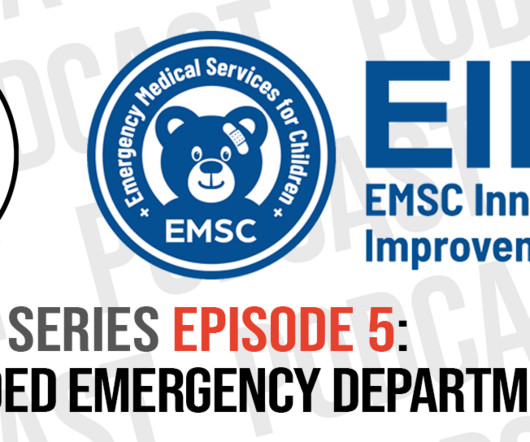
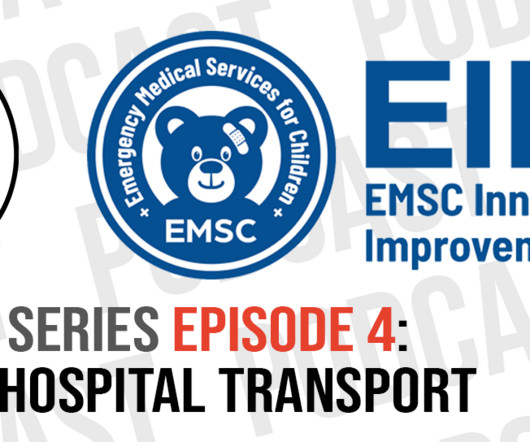
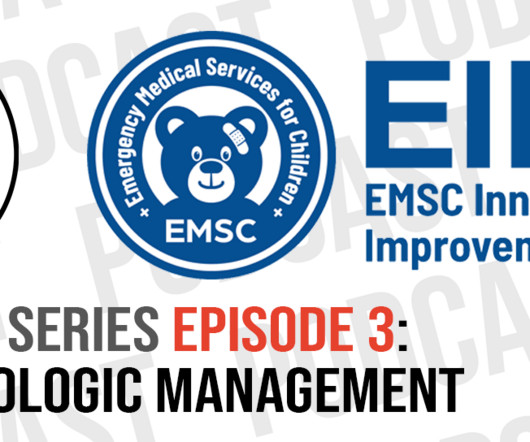
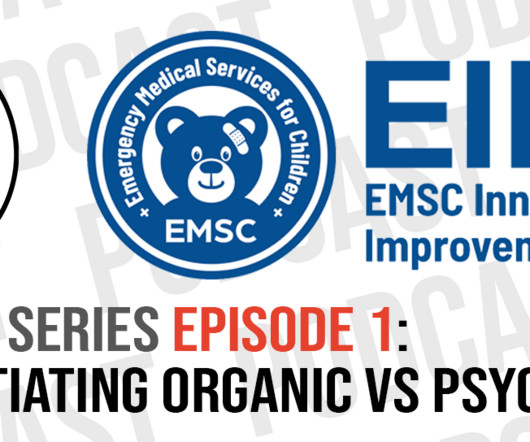
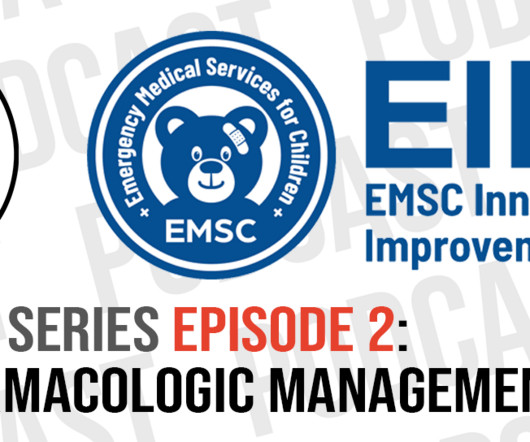






Let's personalize your content